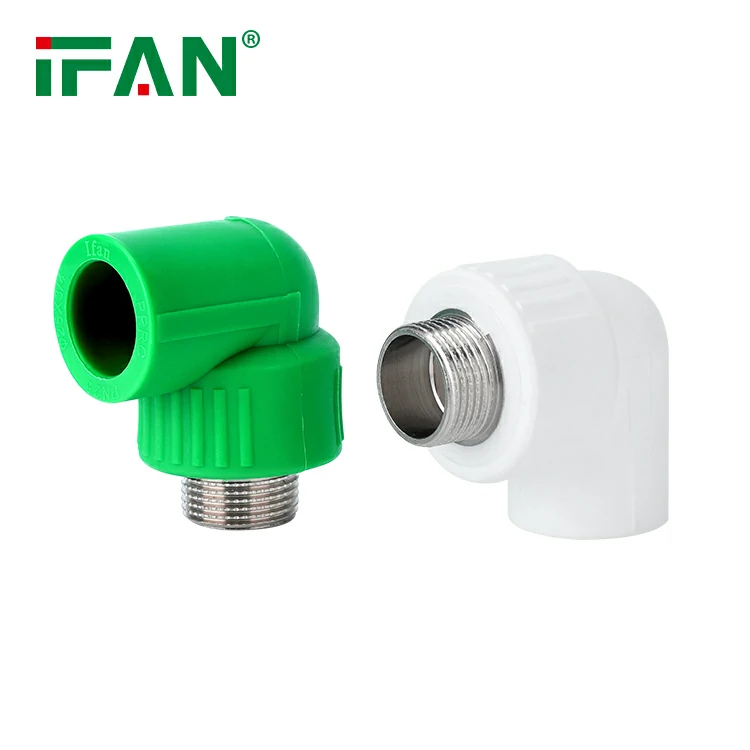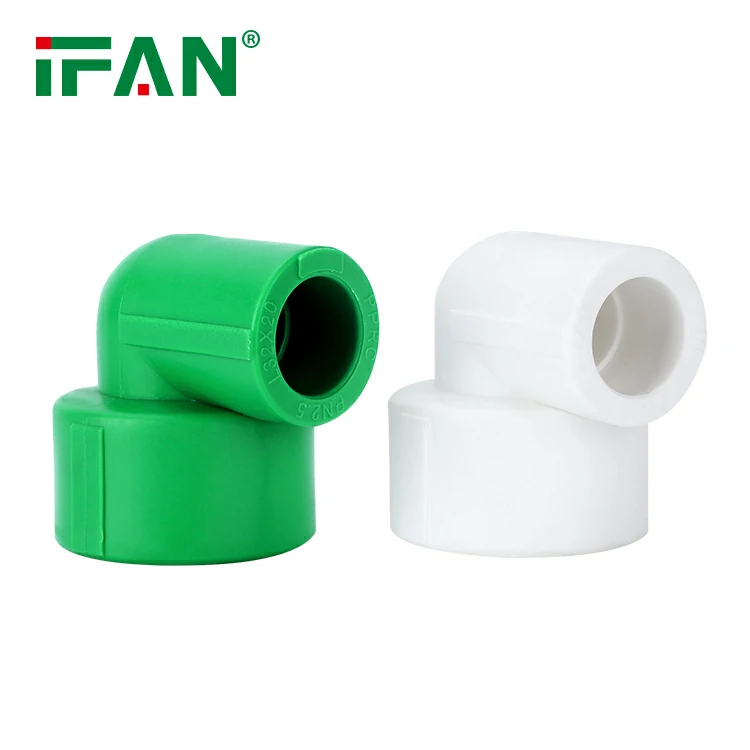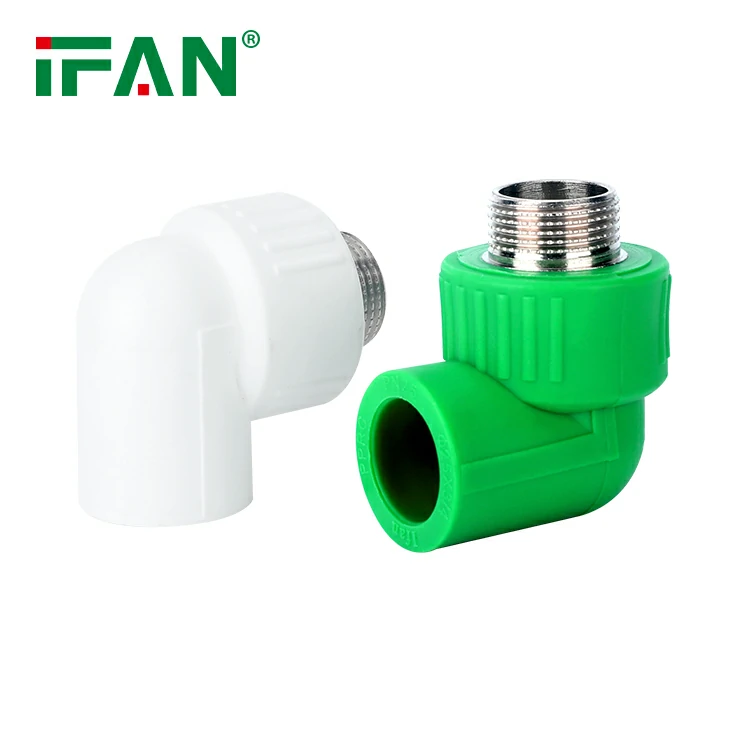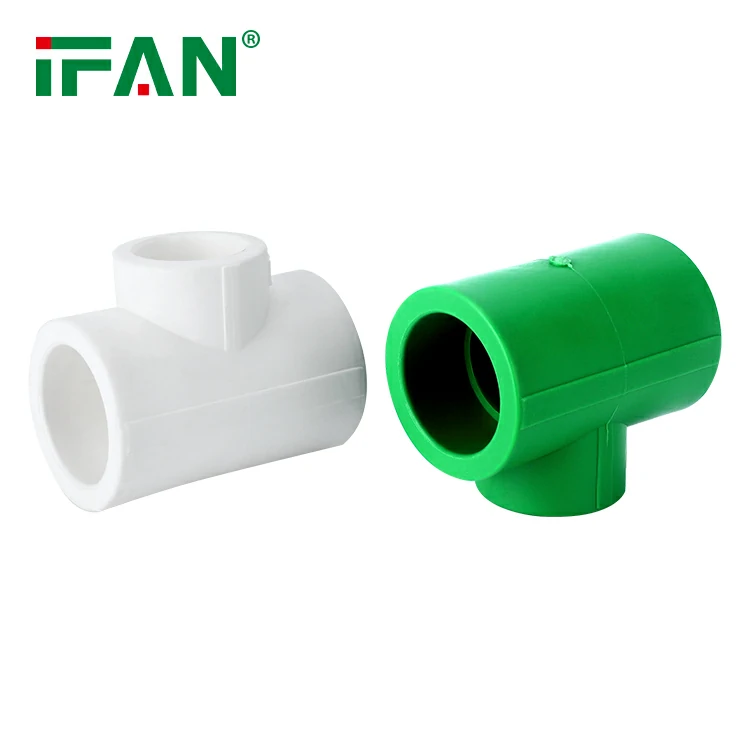In the heart of the Sahel region, Mauritania faces both environmental and agricultural challenges. One such challenge is controlling Peste des Petits Ruminants (PPR) — a highly contagious viral disease affecting sheep and goats. While this article discusses vaccination strategies to combat PPR, it also metaphorically examines the importance of “PPR fittings” — structural and systemic solutions that can “fit” within Mauritania’s public health and veterinary infrastructure.

Understanding PPR and the Need for ‘Fitting’ Solutions
PPR (Peste des Petits Ruminants) is a devastating disease in livestock, particularly in arid and semi-arid regions like the Sahel. In Mauritania, where pastoralism is a way of life, outbreaks of PPR can cripple rural economies and lead to food insecurity.
This brings us to the concept of PPR fitting — not only referring to physical infrastructure, but to how well public health tools (like vaccines) and strategies fit into existing systems.
Much like how PPR fittings (Polypropylene Random Copolymer) in plumbing ensure smooth water flow in a system, the right vaccination strategy ensures smooth delivery of animal health interventions.
Drawing a Parallel: What Are PPR Fittings?
In industrial terms, PPR fittings are components used in plumbing systems to connect PPR pipes. They ensure durability, leak-free operation, and efficient water transport in both hot and cold water systems.
Just like in water systems, when controlling animal diseases, the quality of the fittings — the tools, policies, and coordination mechanisms — directly affects the outcome.
In this metaphor, the vaccine is the water, and the fitting is the delivery system.
Challenges in Mauritania’s Sahelian Context
Vaccination campaigns in Mauritania face several challenges:
- Nomadic livestock movement
- Sparse veterinary infrastructure
- Seasonal access issues
- Limited cold chain management
- Low literacy rates among herders
For a vaccination strategy to be effective, it must “fit” seamlessly into this environment — a PPR fitting that aligns structurally and culturally with local realities.
What Vaccination Strategy Fits Best?
Based on Mauritania’s context, the following strategy offers a promising “fit”:
1. Targeted Mass Vaccination
Conducting yearly campaigns before transhumance (seasonal livestock migration) ensures maximum coverage before animals are dispersed.
2. Use of Thermostable Vaccines
Thermostable PPR vaccines remove the burden of cold chain logistics, ideal for remote Sahelian villages.
3. Community-Based Animal Health Workers (CAHWs)
Training local herders as vaccinators builds trust and ensures continuous presence in the field.
4. Public-Private Partnerships
Involving NGOs, international donors, and private veterinary pharmacies ensures funding and consistent vaccine supply.
5. Digital Monitoring Systems
Using GPS and mobile data to track vaccination coverage, stock levels, and outbreak hotspots.
These are the functional PPR fittings — connections that bind policies, vaccines, and rural communities into a cohesive and resilient system.
The Role of Regional Cooperation
PPR is a transboundary disease. A regional approach involving neighboring countries (Mali, Senegal, etc.) is essential. The PPR GEP (Global Eradication Programme) by FAO and OIE encourages harmonized strategies across the Sahel.
Just as in plumbing, poor fittings in one area can cause system-wide leakage. Therefore, cross-border harmonization is critical to success.
Cost-Effectiveness and Long-Term Impact
An effective PPR vaccination program, well-fitted to Mauritania’s pastoral system, can:
- Improve food security
- Reduce poverty
- Stabilize rural livelihoods
- Promote trade through healthier livestock
When interventions are fitted well into the socio-cultural fabric, their durability, much like PPR fittings in plumbing, increases significantly.
SEO Summary
- Primary Keyword: PPR fittings
- Slug: ppr-fitting-control-mauritania
- Meta description: Explore effective vaccination strategies for controlling PPR in Mauritania and how the concept of PPR fittings parallels infrastructure and delivery systems.
- Focus keyphrase: PPR fittings
- Image ALT text suggestion: “Veterinary team vaccinating goats in a Sahelian village”
Frequently Asked Questions (FAQ)
1. What is PPR and why is it important in Mauritania?
PPR (Peste des Petits Ruminants) is a viral disease affecting goats and sheep. In Mauritania, it’s a major threat to pastoral livelihoods.
2. What are PPR fittings in the context of plumbing?
PPR fittings are plastic components used to connect PPR pipes, ensuring durable and leak-free water flow in plumbing systems.
3. How does the idea of ‘fitting’ relate to vaccination strategies?
The right strategy must structurally and culturally “fit” into local systems, just like PPR fittings must align with pipe systems to function properly.
4. Why is thermostable vaccine important for Mauritania?
Because many rural areas lack refrigeration, thermostable vaccines allow safe transportation and storage without compromising potency.
5. How can local communities support PPR control?
Through training, awareness, and community-based vaccination efforts, local people play a crucial role in disease prevention.





